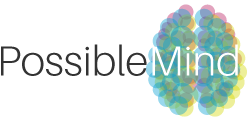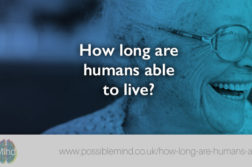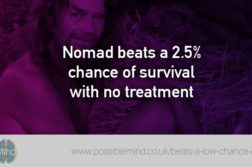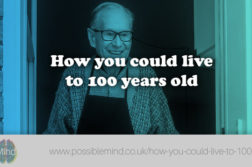“Every part of your body has its own consciousness or its own soul.” These transformative words, spoken by indigenous medicine women, began my journey within to discover the extraordinary healing capacity of the human body.
When this perspective was introduced to me, I was suffering from a severe chronic pain disorder. I suddenly imagined incorporating this concept into my meditation routine. I thought, Can my body hear me…can I talk to it to gain its cooperation in healing this condition?
That night, after reaching a state of deep calm through meditation, I inwardly engaged my body in a heartfelt conversation, with hope, but having no idea what to expect. After about one hour of this focused communication, something amazing happened. My tissues began to respond. Connective tissue pulled and stretched apart layers of scar tissue. Nerves fired and my calf muscles began to perform flexion and extension exercises independently of my conscious control. As this response continued, one of my calf muscles that had become paralyzed by the neuropathic condition — diagnosed as Reflex Sympathetic Dystrophy — came back to life as electric-like jolts shot through the area.
My heart pounded as I realized that the path to my freedom from this condition had finally begun. With a background in acupuncture and Oriental medicine, I knew too well how prevalent chronic pain is in this country and I wondered what the implications of this phenomenon could mean to so many others who were suffering. As I continued to make progress with my condition, I organized my approach into a system that I could teach to clients and shifted my professional focus to hypnotherapy.
When instructing my clients, I explain that a regular meditation practice is necessary to train the brain to enter alpha and theta brain wave states. While in these states, communication between the conscious mind and the physical body is dramatically enhanced. I have found that when communicating, there are three key steps to gaining the cooperation of the body:
- Approach your body with genuine compassion, understanding that it is made up of conscious cells who experience emotions.
- Build trust by engaging your body in mental conversations about your desire for the two of you to cooperate and overcome the ailment.
- Allow changes in the conversation by using different thoughts and words that elicit spontaneous elevated emotions.
From my experience, the above guidelines are necessary to achieve dynamic healing responses in the body. I recently came across a very similar set of factors that were discovered by researcher Cleve Backster, who spent 36 years studying biocommunication in plant, animal and human cells. He referred to these factors as real intent, attunement, and spontaneity.
Backster, formerly an interrogation specialist for the CIA, wrote about the defining moment which led him to his real work in this world, in his book Primary Perception. This moment occurred one February morning in 1966 when he decided to monitor the Dracaena plant in his lab utilizing polygraph equipment. He attached the electrodes to a leaf and began to think about ways that he might induce a surge in electrical activity in the plant. In humans this surge in electrical activity is associated with intense emotions. He suddenly imagined burning the electroded leaf. The same instant this idea entered his mind, the polygraph pen shot to the top of the chart showing an extreme reaction on the part of the plant. Amazed, he walked to his secretary’s desk to retrieve a set of matches while pondering the possibility that this plant was somehow detecting the force of human intention.
When he returned with the matches, the plant was still showing the same high level reaction which would interfere with tracking additional changes on the chart. Backster decided to “remove the threat” by returning the matches to the desk. At this point, the chart displayed a downward trend as the plant apparently began to calm down. When Backster attempted to repeat the same results by pretending that he was going to burn the plant, there was no reaction. The plant seemed to sense the difference between real and artificial intent. He eventually discovered that plants become attuned to their primary care takers, responding to both their positive and negative emotions and to their return after being away for a time. Chart findings also showed that plants prioritize the emotions of their primary care takers over the emotions of others nearby…






